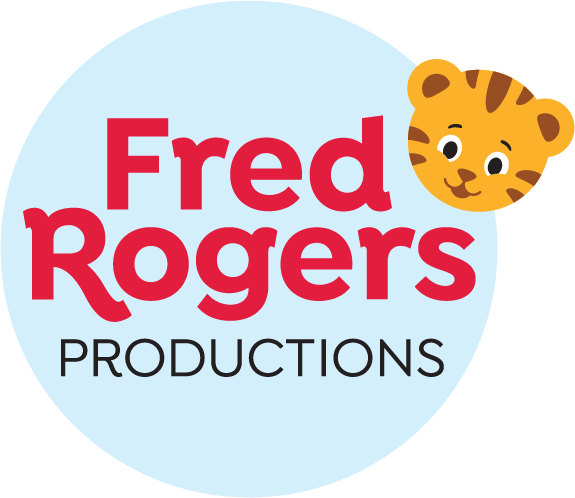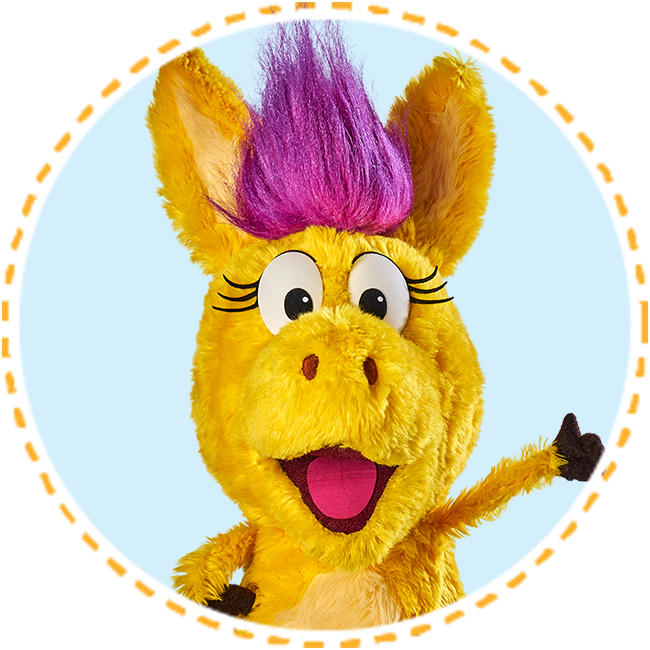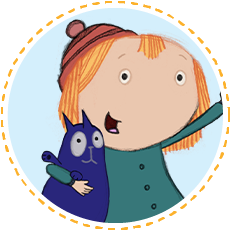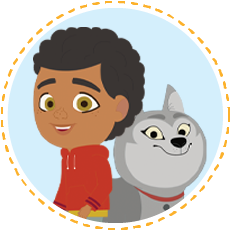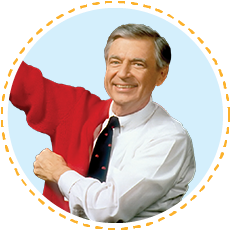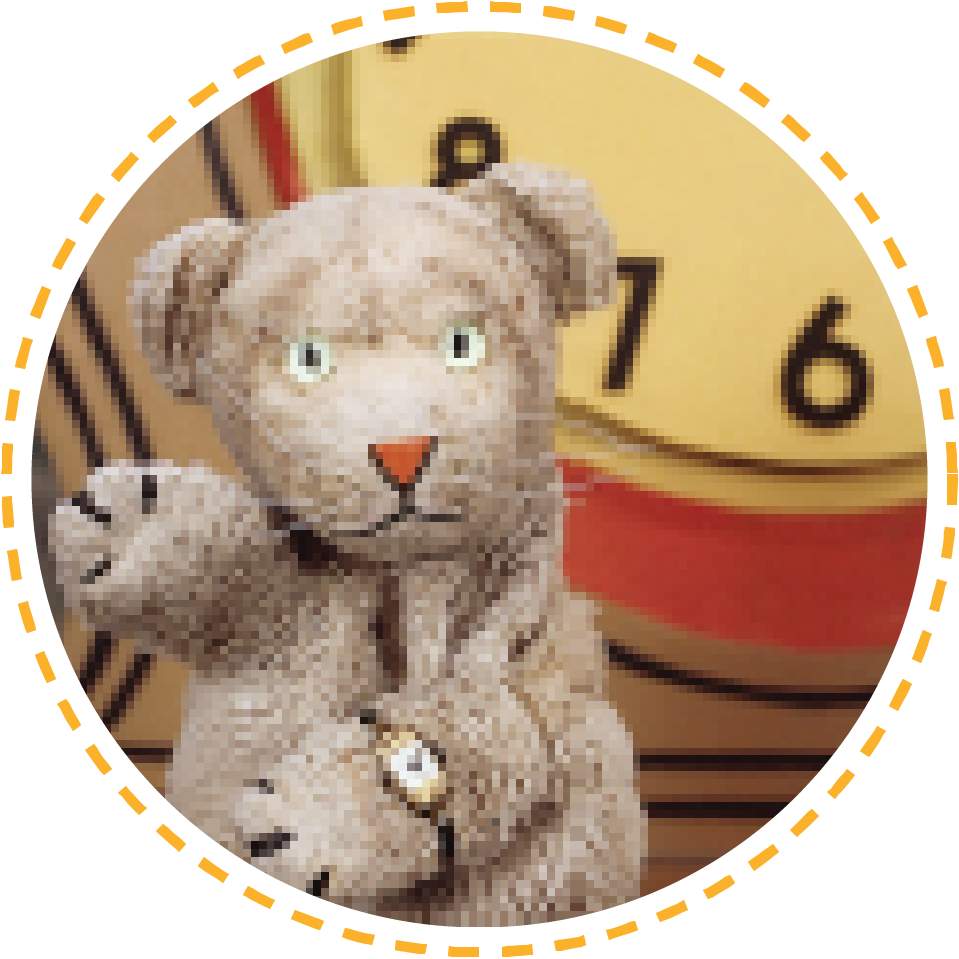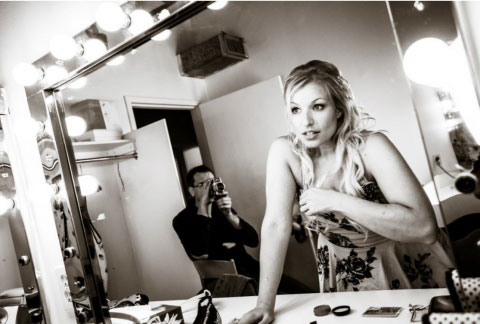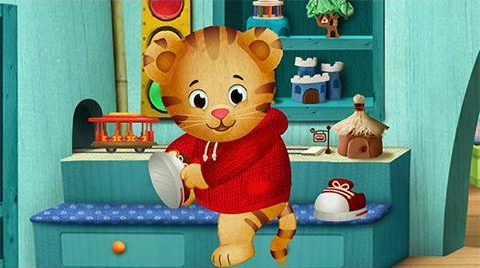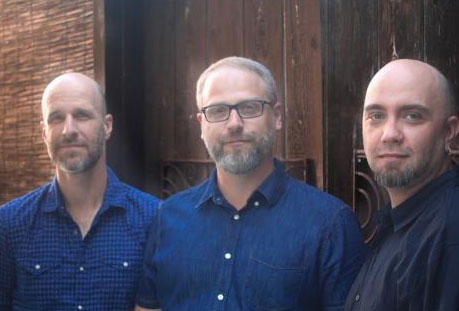How did Voodoo Highway come into being?
James: Brian and I are both fellow graduates of the Music Industry Arts program at Fanshawe College in London, Ontario, so we were acquaintances from that program. When I moved to Toronto to pursue a career in music, Brian was already living in town working at a major studio. At the time, he was thinking of leaving his job and starting a music production company, and the timing couldn’t have been any more perfect as I was looking to do the same thing. So we pooled our resources, found a studio location, and Voodoo Highway was born. After a few years of clawing our way up the ladder of the music industry, we found ourselves so busy that we needed help. This is when I asked my old friend Graeme to join us. I’ve known Graeme since high school, and knew he would fit in perfectly with our team.
Did you always plan to do music for TV and film?
James: Personally, I had the goal of composing music for film and TV in mind from a very young age. When I listened to music, I would listen to film soundtracks just as often as I would to my favorite bands. I was, and still am, a big fan of John Williams, James Horner, Danny Elfman, etc. Also, I was primarily trained on the organ, and my favorite thing to perform were themes from movies and TV shows. I think performing and listening to so many different soundtracks helped me to appreciate the language of film scoring, and definitely gave me solid footing in this career path.
Graeme: When I was young I wanted to be a visual artist, but around the age of 11, my dad taught me my first few chords on guitar. It was an old, beat-up classical guitar that had been sitting in his closet for decades, but I loved it. At the same time, my mother had been releasing albums as a harpist, and I got to watch her go through the process of making albums. I started jamming with friends and steadily started picturing myself following a musical path instead. My interest in visual art never went away though. It seems fitting that I get to make music for animation now! I have such an admiration for all of the artists that lend their skills to each show. This path has allowed me to really explore the interesting ways that musical and visual arts relate to one another. By the time I was in my final years of University, I had my doubts that I would want to tour with various bands as I got older. I loved working in the studio and recording my own music, so I began to consider who might pay me to do the thing that I love. I began producing albums for others and helping friends at various studios when the opportunity came up. It wasn’t long after that I had the opportunity to try my hand at scoring some ads, television shows, and games. I fell in love with the process, the merging of a bunch of my artistic interests, and I found it exciting to try to make a company out of my various passions.
What were your favorite television shows when you were growing up?
James: Well of course it goes without saying that Mister Rogers’ Neighborhood was a staple in my home. I was also particularly fond of his Canadian equivalent, Mr. Dressup. Growing up in Canada meant that we got some interesting shows that U.S. audiences didn’t, like Today’s Special and Degrassi Junior High (the original). Of course I was also a big fan of classic cartoons like G.I. Joe and Transformers. I would say I watched a lot of cartoons, and to this day still draw inspiration from many of their musical scores. Who knew that sitting in front of the TV at such a young age was actually helpful for my career? Also, it’s not a television show, but I have to mention what a huge influence the original Star Wars movies were on me as a child. They opened up my imagination in ways that other shows and movies didn’t. Those movies were my first real experience experiencing the power of film music. Without those movies in my life, I’m not sure I would have pursued a career in the arts.
Graeme: When I was young, The Smurfs, Care Bears, and Mister Rogers’ Neighborhood were classics for me. As I got a bit older I tuned in to shows like Teenage Mutant Ninja Turtles, G.I. Joe, and Transformers—all of the shows that had toys associated with them. When I became a tween, I watched a lot of Saved by the Bell, The Wonder Years, and Full House. I loved the world of Uncle Joey and Uncle Jesse from Full House. I thought it was so neat that, in the show, one of them did voices for cartoons and the other played in bands and made music for ads. In retrospect, I think those two characters had a big impact on where life took me.
What are the steps that go into making music for Daniel Tiger’s Neighborhood?
Graeme: We often begin each new show by discussing the overall message of the episode. Anyone who watches the show will know how important the “strategy melody” is. It imparts the proposed solution for the conflict of the episode. Usually, we kick things off by writing multiple melodic hooks for that strategy. Once one of the hooks has been chosen by the 9 Story team, we begin writing the songs. Those hooks then become the chorus of the songs we write. Since the animators will need to have our characters interacting with the music (singing, dancing, or showing visual examples of what the lyrics are conveying), we need to write those songs well in advance of working on the rest of the episode. We play and sing everything that will be said by every character, to get an approval on the song and its content before the animators even start. Once we get an approval on the song, it’s time for our cast to sing it! After the animators have done their work, we get the episode back with the animated musical numbers, and we begin to write the underscore for the story itself.
What are your favorite episodes of Daniel Tiger’s Neighborhood?
James: I’m a fan of the longer “special” episodes such as the one where Baby Margaret is introduced, or when Daniel gets to be king for a day, or the Tiger Family Trip. I like these longer episodes because it gives us a chance as composers to really flex our musical muscles a bit more than we typically do. For example, I got to write an intricate Broadway-like musical number for both the Baby Margaret and Tiger Family Trip episodes, which allowed me to have fun working in an orchestral realm and creating more complex vocal lines for the actors than a typical strategy song would allow for.
Graeme: I’m with James. I’ve really enjoyed working on the specials. Thank You Day, Tiger Family Trip, and Won’t You Be Our Neighbor all come to mind.
What are your favorite songs from Daniel Tiger’s Neighborhood?
James: As I mentioned before, I’m particularly proud of the Baby Margaret and Tiger Family Trip musical numbers. I’m just glad to have been able to scratch that particular creative itch. I’m also very happy with how some of the songs turned out that were actually written by Fred Rogers himself. “It’s You I Like,” “You Are Special,” and “It’s Such A Good Feeling” are examples of songs that we adapted from Fred’s catalog, and I’m happy with how we were able to keep the spirit of the original songs alive while having the freedom to add our own musical spin to them. Also, in some of these cases, we were unable to find sheet music for them, so I had to learn the songs by ear from a recording. This was an interesting and fun challenge, and by really being able to dig in and study his songs, it ended up being a great education in Fred’s compositional style.
Graeme: It’s hard to pick favorites among so many songs, but the bonus of working on a musical team like ours is getting to hear what your other team members have come up with. Often, if I’m writing the strategy song for the “A” episode, I’ve been excited to hear what the other writer will do with the same strategy hook for the “B” episode. Two artists with similar briefs can come up with something so different, and this show really demonstrates that. I’ve enjoyed listening to each new realization of the same chorus melody that I’ve been grappling with. It’s always fun to hear where your fellow collaborators have taken their version.
What do you like to do when you’re not working on the show?
James: Well I’m a big Vancouver Canucks fan, so one of my favorite activities is attending games with my wife and son. We’re a big hockey family! Also, it might sound a little crazy, but in my spare time I also like to work on even MORE music. I think it’s healthy for us as composers to create our own personal music on the side, both to practice our technique but also to give us a creative outlet that isn’t anchored to a particular sound or vision. I’m currently writing and producing with a variety of other talented artists, which is also a nice change from working alone in the studio. Lastly, I like to write stories, and hope to write a novel or two somewhere down the road.
Graeme: I tend to paint, cook, walk the trails with my dog, and spend time with my family. Like James, I have a few musical projects that I’m making just for the love of it. Of course, I’m always interested in checking out new shows and movies as well.
Who are your musical influences (as a group or individually)?
James: I think it’s important as composers for film/TV, and for animation in particular, that we be well versed in a variety of musical genres. You never know what kind of music a scene will call for. It can sometimes go from a Mexican Hat Dance to hip hop to country in the span of 10 seconds. Because of this, I’ve tried to listen to and study as many different styles of music as I can, so my influences are wide ranging and varied. If I had to narrow it down though, I’d say John Williams/James Horner are the film composers I look to as heroes, whereas Trent Reznor would be my biggest influence from a modern production perspective.
Graeme: I tend to listen to a combination of film score, modern electronic music, folk, and rock. If I start listing bands or composers we might be here all day! The Beatles have been a timeless influence for me, though. Jeff Buckley is another artist that I’ve admired since I started playing instruments, and Olafur Arnalds’ “re:member” is getting a lot of play in my earphones at the moment.
What kind of music do you never get tired of playing (other than Fred Rogers’ music!)?
James: One of the best things about writing songs for Daniel Tiger’s Neighborhood is the opportunity to play around with so many different styles of music. The style of music that I find the most fun though is big band/swing music. I really like the jazzy walking bass lines, and it’s fun to play around with big brass sections. As for styles outside of Daniel Tiger, I really enjoy a lot of electronic music and have a few different projects that scratch that itch for me. Lastly, any chance I get to write score in the style of John Williams is a happy day for me. As I said earlier, that style of film music was the main reason I wanted to get into this business, so any chance to play in that world is a pleasure for me.
Graeme: I never get tired of writing modern orchestral music, but that was something that I grew in to over the last 10 years. I think part of what excites me is the constantly evolving nature of the production aesthetics. I love listening to other composers make new musical landscapes with all of the same tools I’m using in the studio on a regular basis. I feel like it fertilizes my own musical imagination.
Learn more about Voodoo Highway at their website. Watch Daniel Tiger's Neighborhood daily on PBS KIDS (check local listings).
